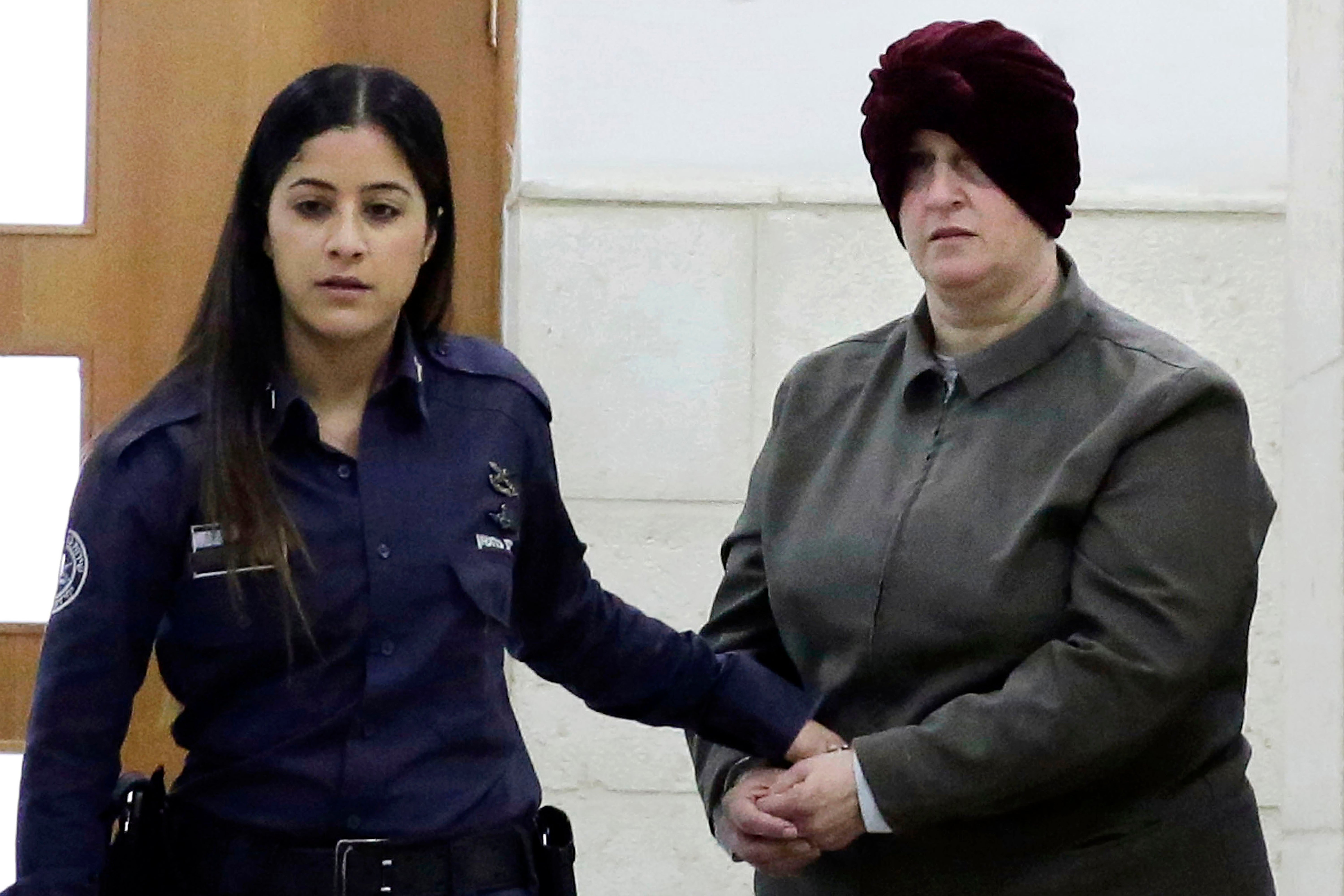Australian prosecutor says former Israeli principal feigned mental illness to avoid extradition
An Australian prosecutor says the former principal of an Australian Jewish school feigned mental illness in a seven-year battle to avoid extradition on child sex abuse charges

Your support helps us to tell the story
From reproductive rights to climate change to Big Tech, The Independent is on the ground when the story is developing. Whether it's investigating the financials of Elon Musk's pro-Trump PAC or producing our latest documentary, 'The A Word', which shines a light on the American women fighting for reproductive rights, we know how important it is to parse out the facts from the messaging.
At such a critical moment in US history, we need reporters on the ground. Your donation allows us to keep sending journalists to speak to both sides of the story.
The Independent is trusted by Americans across the entire political spectrum. And unlike many other quality news outlets, we choose not to lock Americans out of our reporting and analysis with paywalls. We believe quality journalism should be available to everyone, paid for by those who can afford it.
Your support makes all the difference.A former principal of an Australian Jewish school feigned mental illness in a seven-year battle to avoid extradition on child sex abuse charges, a prosecutor said Thursday.
Malka Leifer fought her extradition in Jerusalem courts from 2014 until 2021, when she was flown from Israel with her ankles and wrists shackled.
Leifer appeared Thursday in the Victoria state County Court for a sentencing hearing after she was convicted in April of sexually abusing two students between 2003 and 2007 while she was principal of Melbourne’s ultra-Orthodox Adass Israel School for girls.
Prosecutor Justin Lewis told Judge Mark Gamble that Leifer deserved less credit in her sentence for time she spent in custody and under house arrest in her native Israel because she had “improperly frustrated and delayed the extradition proceedings.”
The District Court of Jerusalem ruled she was fit to stand trial and had been pretending to be mentally ill in order to avoid extradition, he said, and three judges of the Supreme Court of Israel unanimously agreed she could be prosecuted.
Two psychiatrists appointed by the Jerusalem District Psychiatrist reported to the District Court in February 2018 that Leifer did not suffer from a mental illness in the legal sense and was feigning her psychiatric condition in order to prevent her extradition to Australia.
A second assessment, which included a third psychiatrist appointed by the Jerusalem District Psychiatrist, also concluded that Leifer was feigning mental illness.
The District Court then ordered the Tel Aviv District Psychiatrist to appoint a panel of experts to assess her. That panel unanimously concluded in January 2020 that she was mentally fit to stand trial and that she had “unquestionably been feigning her inability to function and comprehend her situation,” Lewis said.
Before any legal hearing, some psychiatric experts and Leifer's lawyers said she experienced a “psychotic breakdown,” and her hospitalizations were almost always a few days before her case was due in court.
“Three panels of psychiatrists conclude that the accused is feigning mental illness in circumstances where the mental illness essentially constitutes some sort of allergy to the legal proceedings themselves,” Lewis said. “The proceeding had been extended by the acts of the accused in feigning mental illness for that very purpose."
Leifer spent 608 days in home detention and 51 days in custody in Israel before her extradition after a legal battle that strained relations between the Australian and Israeli governments while antagonizing Australia’s Jewish community.
Leifer, who was born in Tel Aviv, came to Australia in 2000 as the school’s head of religion and became principal the following year.
She returned to Israel in 2008 as allegations against her first emerged.
Sisters Dassi Erlich and Elly Sapper told the court Wednesday that being sexually abused by Leifer broke their ability to trust and was painful to remember.
The Associated Press does not usually identify victims of sexual abuse, but the sisters have chosen to identify themselves in the media.
Leifer watched proceedings via a video link from a maximum security women’s prison in Melbourne.
She is convicted of six charges of rape, each carrying up to 25 years in prison. She was convicted of three charges of sexual penetration of a child, each carrying a potential 10-year sentence, and six charges of indecent assault, which also carries a 10-year sentence. She was convicted of three charges of committing an indecent act with a child, which is punishable by 5 years in prison. There are no minimum sentences.
The hearing was continuing Thursday. Gamble will sentence her on a later date.